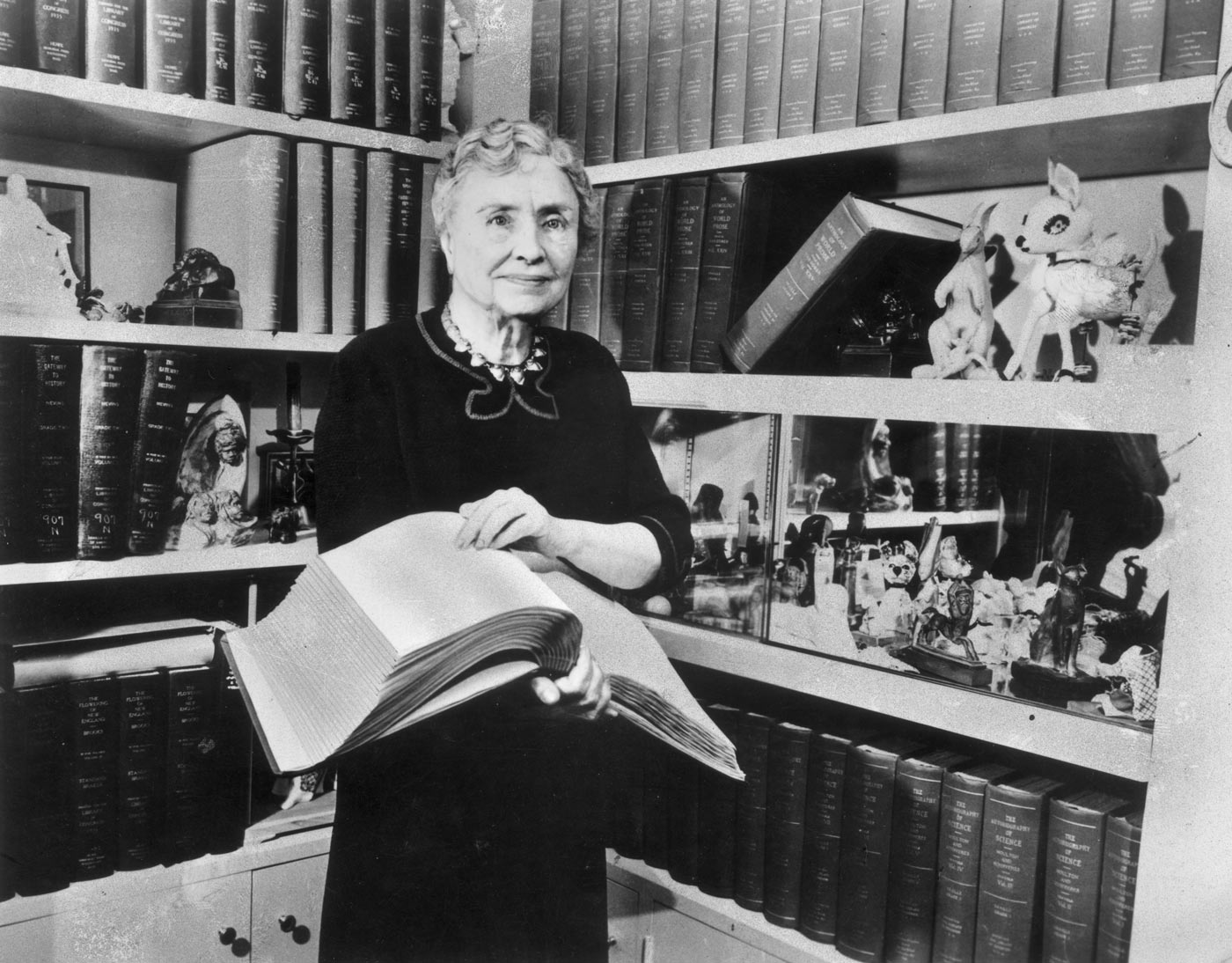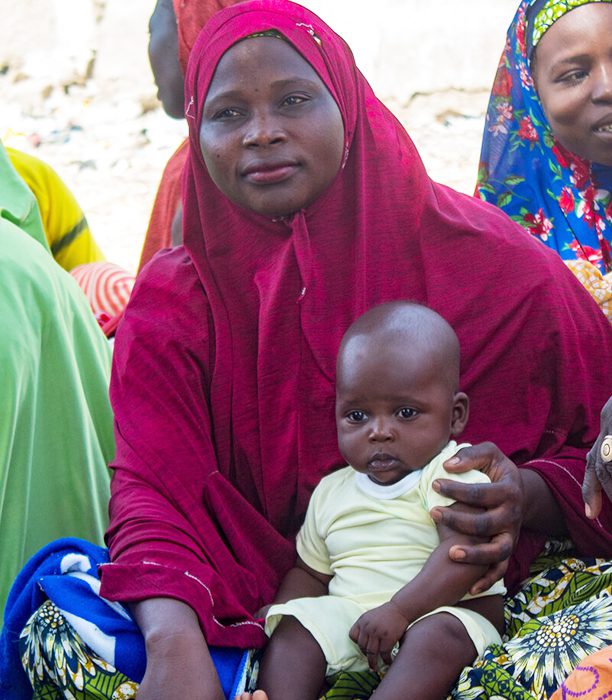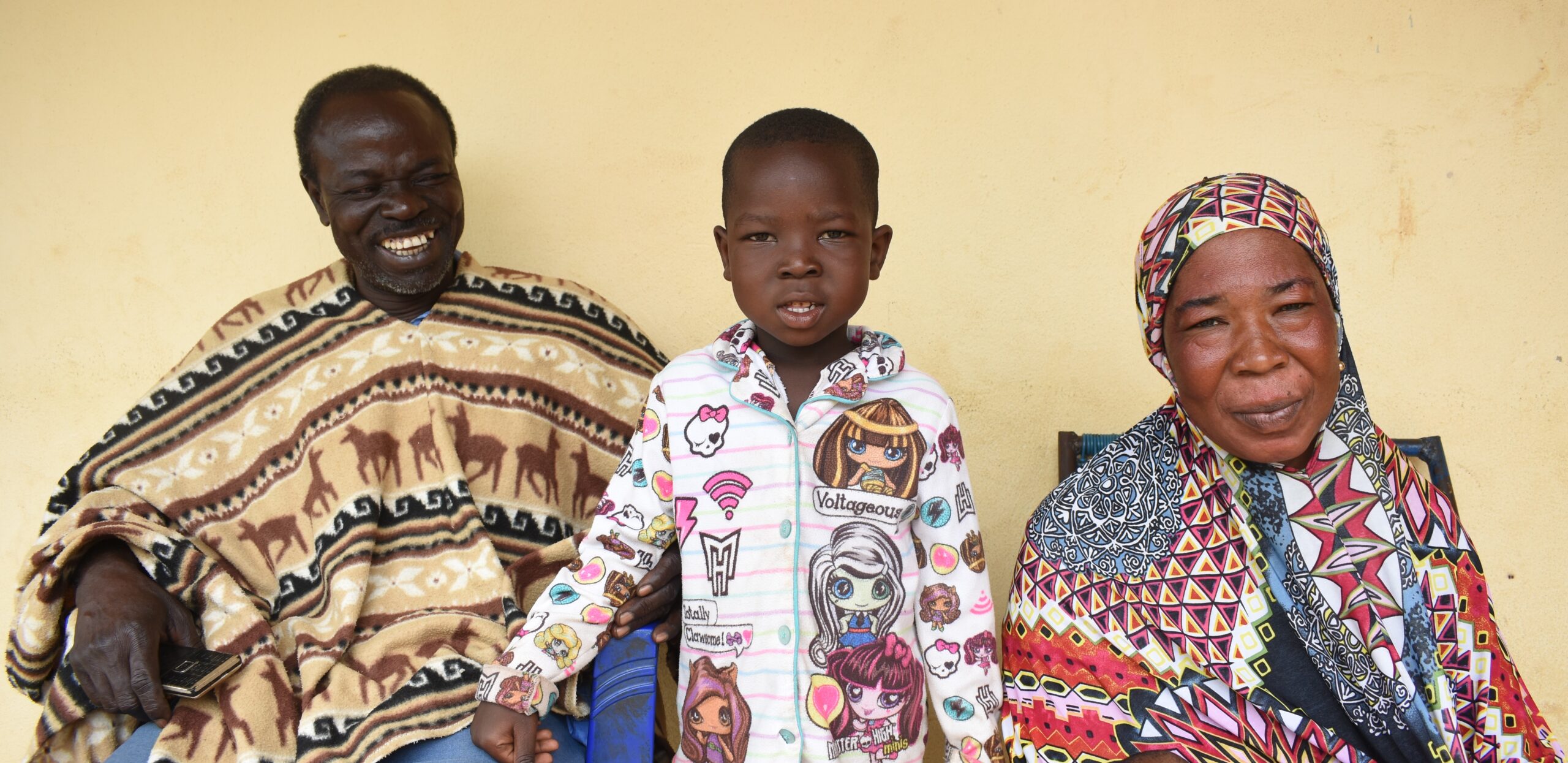
From Vitamin A Skeptic to True Believer
Four-year-old Abdoul Aziz Coulibaly was always sick, until his family discovered vitamin A. Abdoul is the youngest of four siblings living with their parents in a small village called Massala in south-central Mali. Though the family has limited financial means, they enjoyed good health overall — except for Abdoul.
“From the time he was about one year old, Abdoul had to go to the hospital at least twice a month. And each time, it was for a different illness,” explains his mother, Tariba. His father, Alou, says that Abdoul’s brothers had not struggled with these health issues, including the mysterious trouble he had with his eyesight: During the day, Abdoul could see perfectly well, but as the sun went down, he would lose most of his vision.
Abdoul was suffering from nyctalopia, or night blindness. Vision loss at night — along with frequent infections and other signs of malnutrition — is all too common among young children who don’t get enough vitamin A in their diets.
Deficiencies make children more susceptible to illness
In sub-Saharan Africa, 48% of children under the age of five are deficient in vitamin A. Although this nutrient occurs naturally in foods like orange-flesh sweet potatoes, carrots, eggs, and dark leafy greens, many families living in poverty around the world lack access to these foods — even as occasional additions to their diets, let alone as staples. Either such foods can’t be sourced locally, or they are too expensive to buy.
Without enough vitamin A in their diets, children are not only vulnerable to developing night blindness, but their immune systems don’t develop properly. They are more susceptible to “normal” childhood illnesses — colds, flu, and diarrhea — as well as more serious infections like malaria and pneumonia. Sadly, when young children’s immune systems are weakened by an inadequate diet, they are less likely to survive these common diseases.
Reaching children where they are
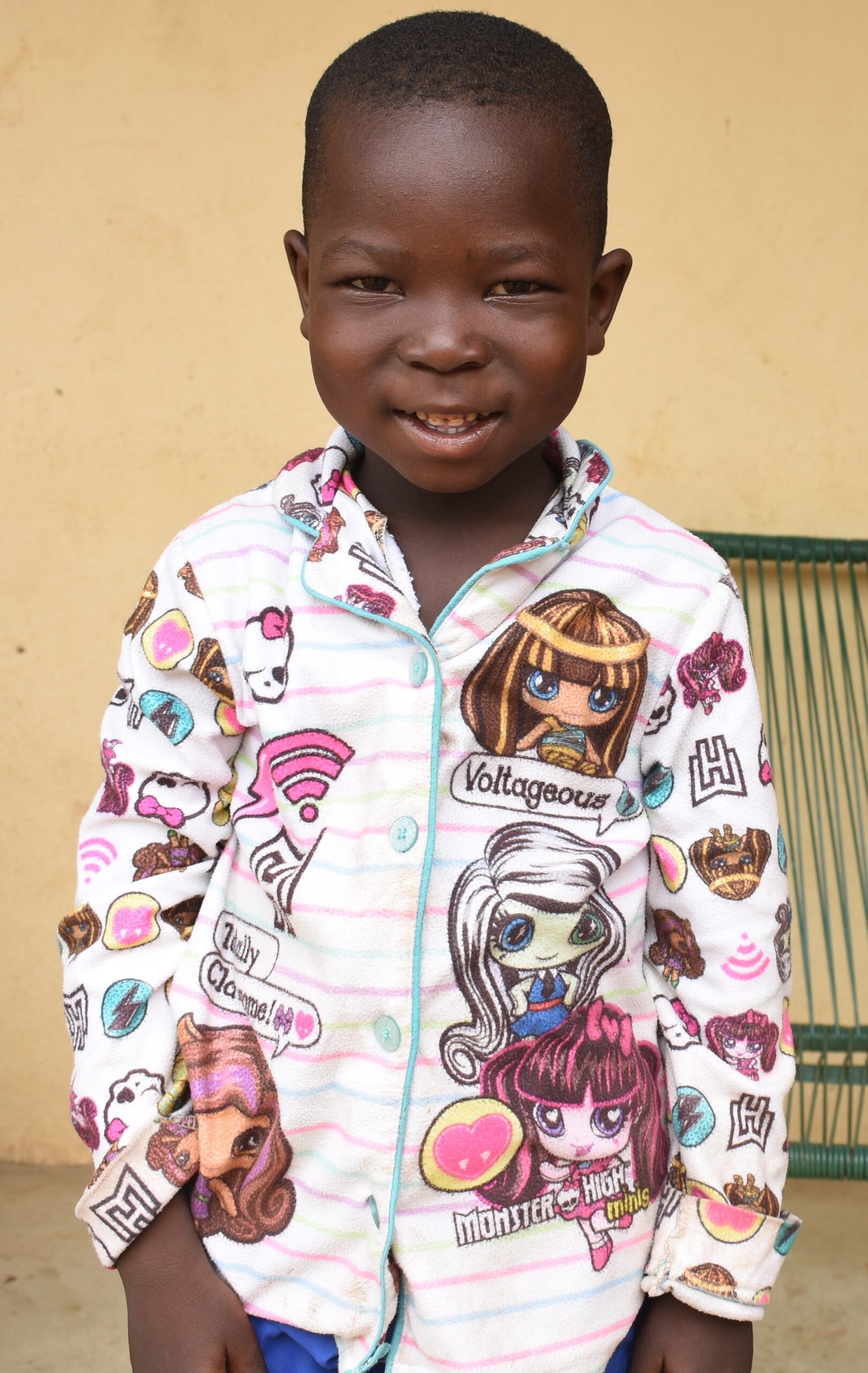
Fortunately, ensuring that children get sufficient amounts of vitamin A is as simple as giving them a high-potency capsule every six months, beginning when they are six months old and continuing through their fifth birthday. In the Koulikoro region, where the Coulibaly family lives, Helen Keller Intl hosts semi-annual vitamin A campaigns. The supplements are distributed throughout local communities — either by door-to-door visits or working with local health clinics to provide as many children as possible with this vital nutrient in regular wellness checkups.
For more than a year, Alou was not comfortable letting his son Abdoul receive vitamin A supplements. He said he had learned to be cautious about “free” drug treatments and assumed there would be strings attached. But as Abdoul’s health continued to decline, and a partnership was built, Alou changed his mind.
A small vitamin A capsule with a big impact
Just two months after Abdoul received his first dose of vitamin A, his parents were already stunned by the positive changes they noticed in their son. His appetite increased, and he was spending more time playing with other children, even after the sun went down.
Today he is cured, and I can say with conviction that it is because of vitamin A.
When the next campaign came to Massala six months later, Alou was eager for Abdoul to get his next dose of vitamin A. He couldn’t wait to speak with the healthcare workers, to share the story of his son’s amazing recovery.
In the past, Abdoul could barely make it two weeks without going to the hospital. Now, he enjoys at least six months without feeling seriously ill.
“Honestly, I had no belief in this when I finally agreed to give vitamin A to my child,” Alou admitted. “But today he is cured, and I can say with conviction that it is because of vitamin A.”
The power of this simple solution cannot be overstated.
Thanks to the generosity of supporters worldwide, we have administered more than 30 million life-saving vitamin A capsules in the past year — and have delivered at least one billion since starting this work more than 20 years ago.
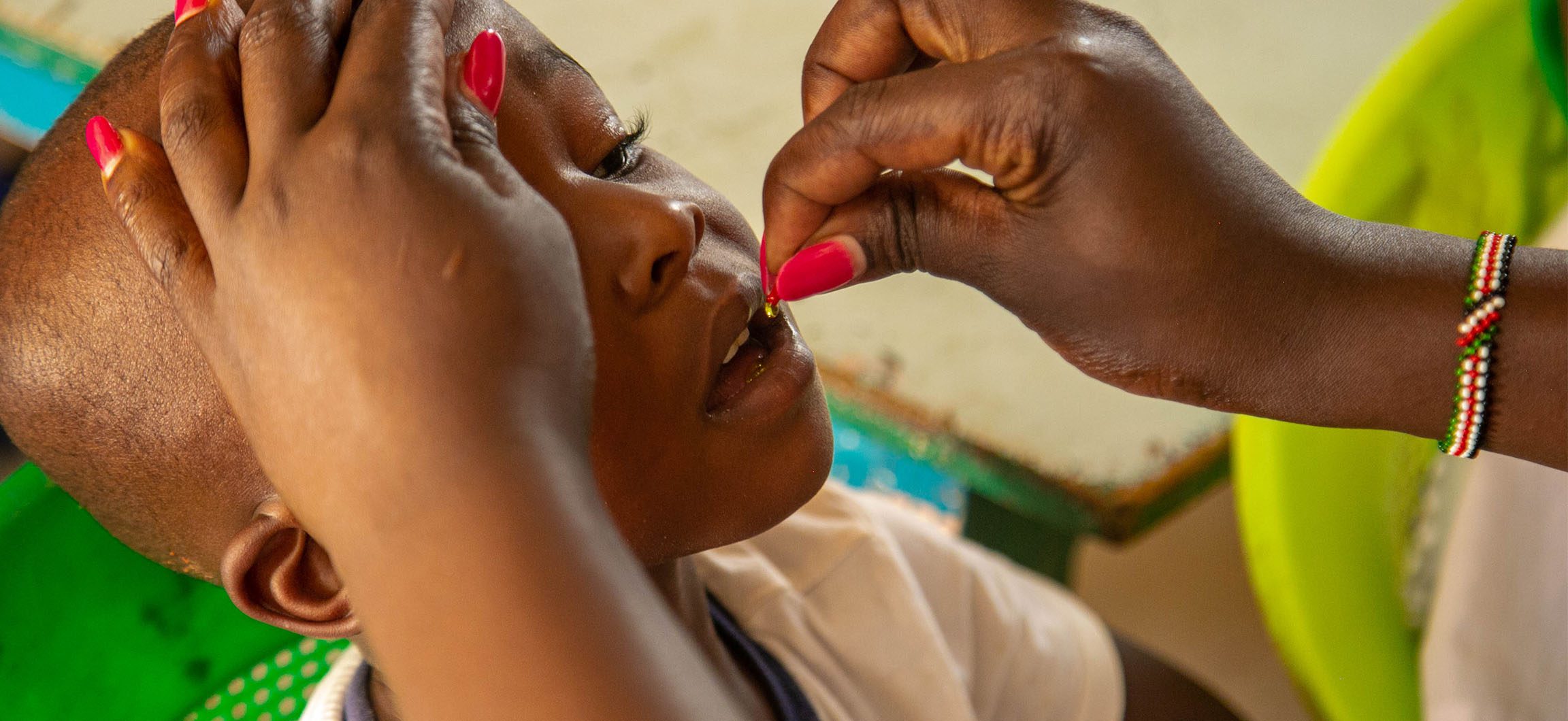
You too can give more children like Abdoul a healthier start in life.
